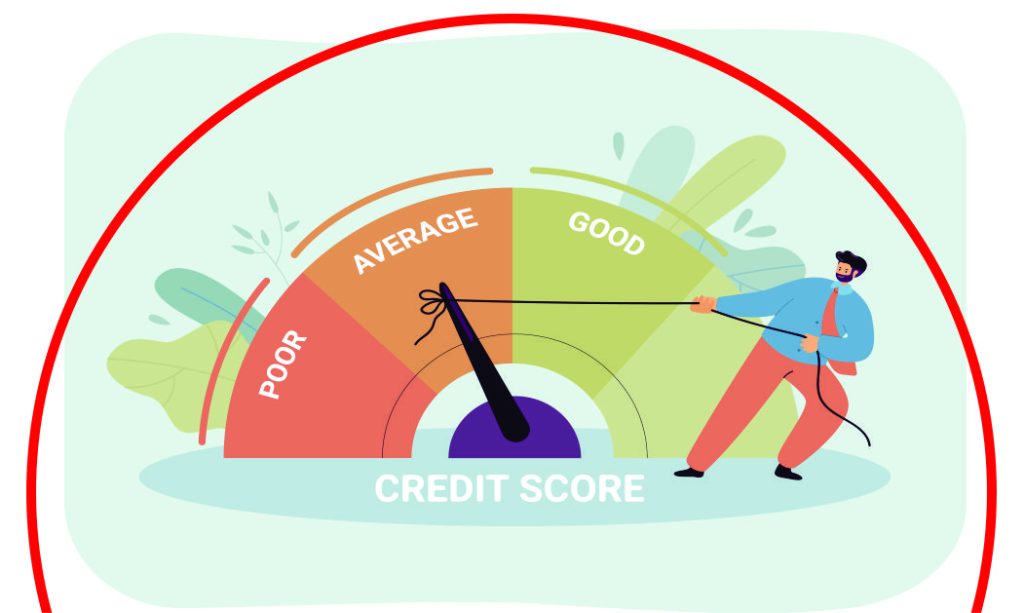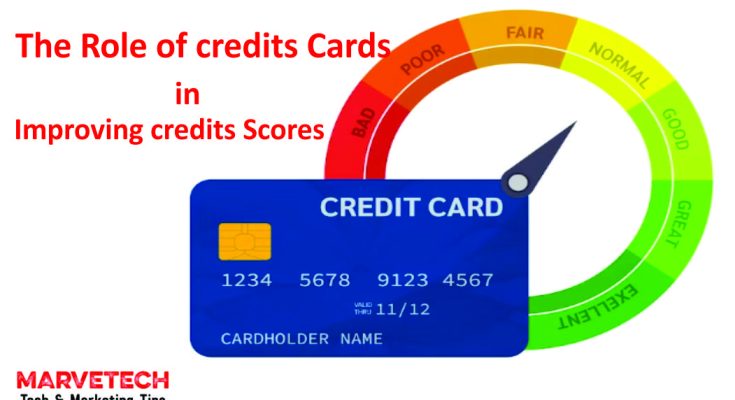Credit cards have become an integral part of our financial lives, offering convenience and flexibility in making purchases. However, their significance extends beyond mere transactions. When used responsibly, credit cards can play a crucial role in improving credit scores and shaping our financial futures. They provide an opportunity to establish a positive payment history, manage credit utilization, and demonstrate responsible borrowing behavior.
Understanding the role credit cards play in improving credit scores is essential for individuals seeking to build or rebuild their creditworthiness. In this article, we will explore the various ways in which credit cards can contribute to enhancing credit scores and provide guidance on responsible credit card usage. Below are more details in The Role of credits Cards in Improving credits Scores.
Introduction
In the realm of personal finance, credit scores hold significant importance. They serve as a measure of an individual’s creditworthiness, influencing their ability to secure loans, obtain favorable interest rates, and even impact employment prospects. While credit cards are often associated with financial pitfalls and debt, they can be powerful tools for improving credit scores when used wisely.
In this article, we will delve into the role of credit cards in improving credit scores. We will explore the factors that credit scoring models consider, the positive impact of responsible credit card use, and provide practical tips for leveraging credit cards to enhance creditworthiness.
What are Credit Scores?
Credit scores are numerical ratings that indicate an individual’s creditworthiness or the likelihood of repaying borrowed money. They are calculated based on various factors such as payment history, credit utilization, length of credit history, credit mix, and recent credit activity.
Lenders and financial institutions use credit scores to assess the likelihood of a borrower repaying their debts on time. A higher credit score indicates lower credit risk, increasing the chances of securing favorable loan terms and interest rates.

How do Credit Cards Impact Credit Scores?
Credit cards can have both positive and negative impacts on credit scores, depending on how they are managed. Here’s how credit cards can influence credit scores:
Payment History
Timely payment of credit card bills reflects positively on your credit history, demonstrating responsible financial behavior. Consistently making on-time payments helps build a positive payment history, which is a significant factor in determining credit scores.
Credit Mix
Having a diverse mix of credit types, including credit cards, can positively influence credit scores. It demonstrates your ability to handle different forms of credit responsibly. However, it’s important to maintain a manageable amount of credit overall.
New Credit Applications
Applying for multiple credit cards within a short period can negatively impact your credit score. Each application may result in a hard inquiry, which can temporarily lower your score. It’s important to apply for new credit only when necessary and avoid excessive credit applications.
Utilization Ratio Management
Credit utilization, the percentage of available credit that a consumer uses, is a critical factor in credit scoring. By keeping credit card balances low relative to their credit limits, individuals can maintain a low utilization ratio, which positively impacts their credit scores. Responsible credit card usage can help keep this ratio in check.
Lengthening Credit History
Credit card accounts, particularly those held for an extended period; contribute to the length of an individual’s credit history. A longer credit history often results in a higher credit score, as it provides a more comprehensive picture of an individual’s creditworthiness. Responsible credit card usage over time can effectively lengthen credit histories.
Tips for Responsible Credit Card Usage
Here are a few tips for responsible Credit Card Usage.
Make Timely Payments of credit cards
Making timely payments on your credit cards is a fundamental aspect of responsible credit card usage. By ensuring that you pay your credit card bills on time, you avoid late payment fees and penalties, and you also establish a positive payment history.
Timely payments contribute significantly to your credit score, showcasing your reliability and financial discipline to potential lenders. By making timely payments, you not only maintain a healthy credit profile but also demonstrate your commitment to managing your credit responsibly and building a solid financial foundation.
Avoid Opening Multiple Accounts Simultaneously
Avoiding the simultaneous opening of multiple accounts is a prudent approach to responsible credit card usage. While it may be tempting to acquire multiple credit cards for various purposes, doing so can have potential drawbacks.
Opening multiple accounts within a short period can raise concerns among lenders and negatively impact your credit score. It’s advisable to carefully assess your needs and select credit cards that align with your financial goals, rather than hastily opening several accounts.
Regularly Monitor Credit Reports
Regularly monitoring your credit reports is an essential practice for maintaining a healthy financial profile. By reviewing your credit reports from each of the major credit bureaus regularly, you can stay informed about your credit history, account activity, and potential inaccuracies.
Monitoring your credit reports allows you to quickly detect any errors or fraudulent activity, which can be addressed promptly to protect your credit score and financial well-being. It also allows you to track your progress, identify areas for improvement, and ensure that your credit information is up-to-date and accurate.
Conclusion
Credit cards can be valuable tools for improving credit scores when used responsibly. By establishing a positive payment history, managing credit utilization, lengthening credit history, and diversifying credit mix, individuals can strengthen their creditworthiness and open doors to better financial opportunities.
It’s essential to approach credit card usage with discipline, setting budgets, and paying off balances in full to avoid debt and interest charges. Adhering to responsible credit card practices and staying mindful of one’s financial obligations can pave the way to a brighter credit future.





Thank you for your articles. They are very helpful to me. May I ask you a question?
I enjoyed reading your piece and it provided me with a lot of value.